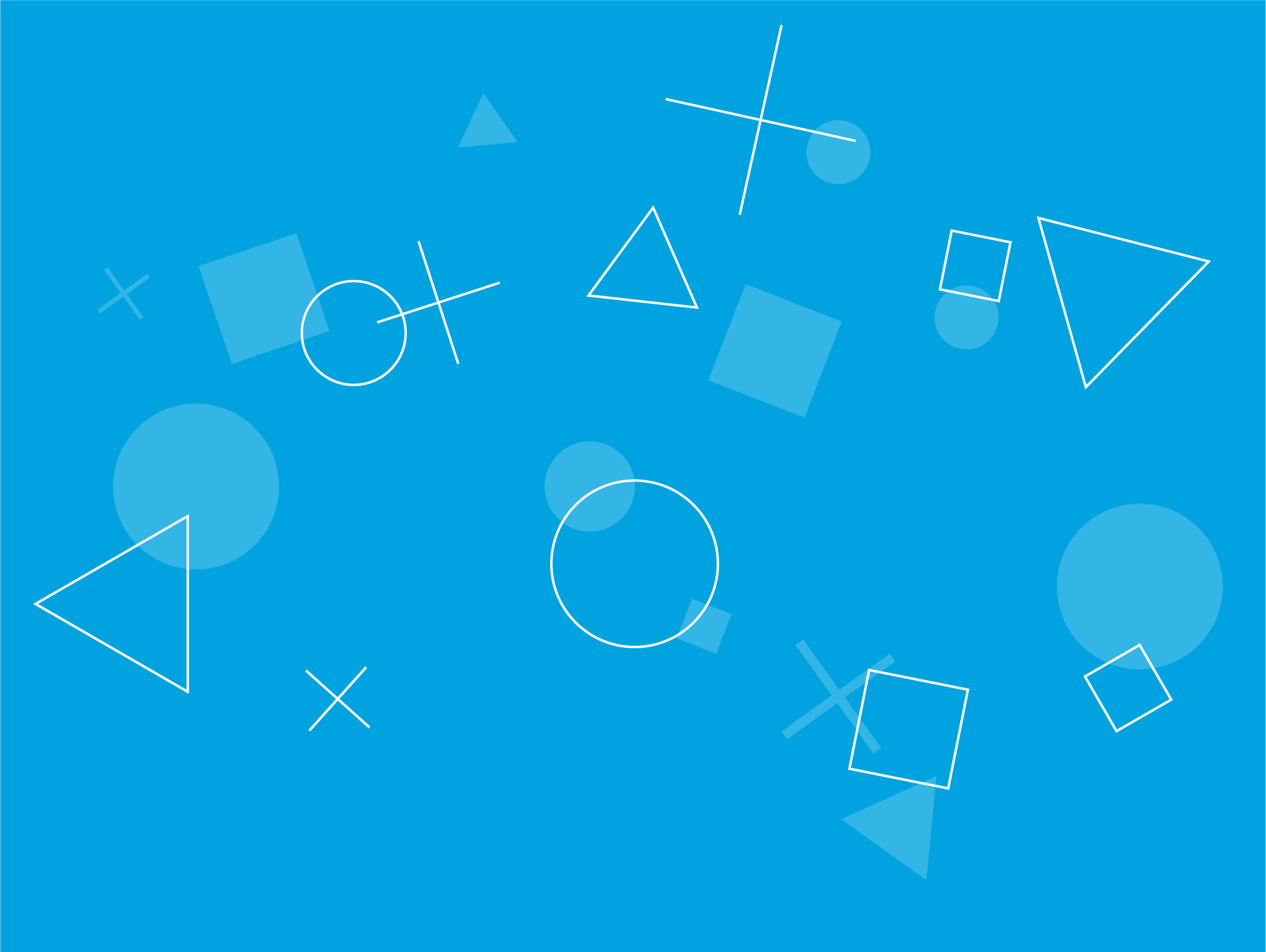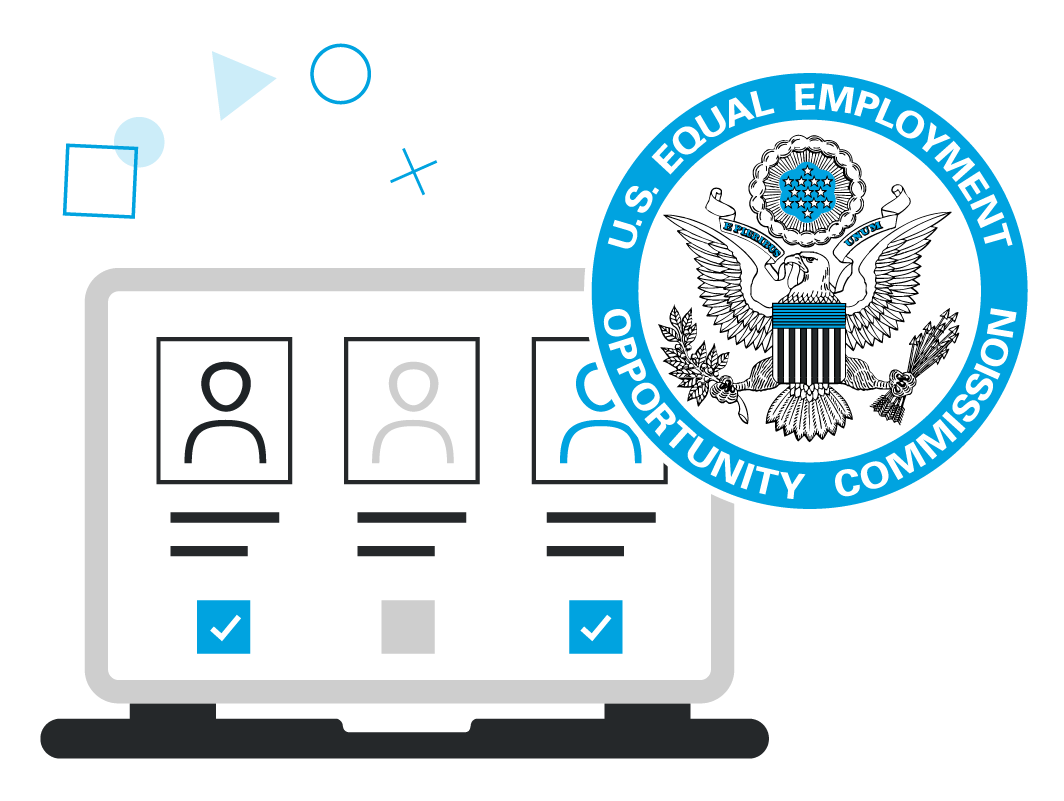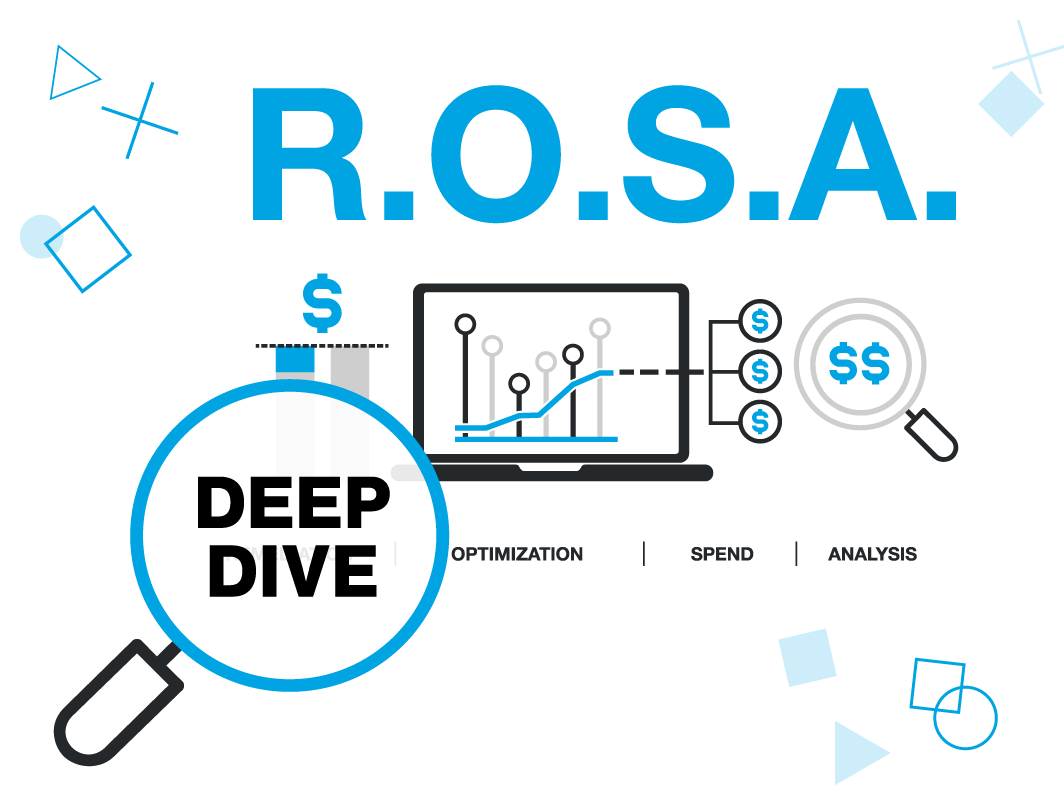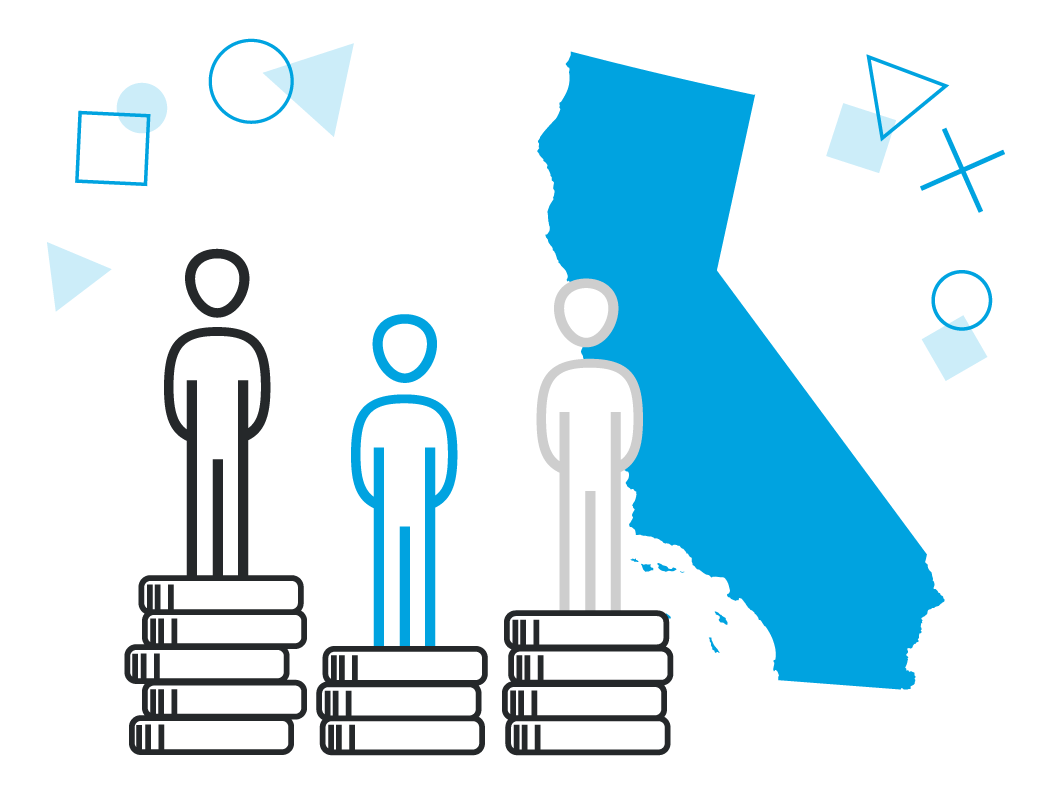
![]()
High-profile entertainment company, Activision Blizzard reached an $18 million settlement with the Equal Employment Opportunity Commission (EEOC) last week.
The case involved various charges of gender discrimination and it’s the EEOC’s second-largest sexual harassment agreement ever. As part of the resolution, employees who worked at the company between September 1, 2016, and the present day may be eligible for monetary relief. Victims will be able to submit a claim for sexual harassment, discrimination, or any related retaliation.
In addition to the $18 million payout, Activision Blizzard will also take the following steps, according to an official statement released by the company:
- Enhance policies, practices, and training to prevent harassment and discrimination in the workplace, including by implementing an expanded performance-review system.
- Engage a neutral, third-party equal employment opportunity consultant – a non-employee who must be approved by the EEOC – who will provide ongoing oversight of the Company’s compliance with the agreement. This independent consultant’s findings will be reported directly to the EEOC and Activision Blizzard’s Board of Directors.
- Hire an internal EEO coordinator with relevant experience in gender discrimination, harassment, and related retaliation to assist the Company.
New Activision Blizzard CEO Bobby Kotkic said in that same statement, “Our goal is to make Activision Blizzard a model for the industry, and we will continue to focus on eliminating harassment and discrimination from our workplace. The court’s approval of this settlement is an important step in ensuring that our employees have mechanisms for recourse if they experienced any form of harassment or retaliation.”
Many have criticized the agreement, saying that the company got off easy. Communications Workers of America media labor union, for instance, called the $18 million “woefully inadequate,” according to a letter sent by the group to the EEOC.
The EEOC lawsuit is but one of the many cases Activision Blizzard is currently facing, with the most significant being with California’s Department of Fair Employment and Housing (DFEH).
In the DFEH case, the agency asserts systemic discrimination, including gender harassment, pay inequity, retaliation, and lack of representation.
The DFEH case also captures compensation information collected from California’s SB 973 pay data collection and includes significant issues as they relate to pay inequity, both in terms of overall pay and access to career development, promotions, job assignments, and wrongful termination. The agency is currently seeking a host of compensatory and punitive damages for affected past and present employees.
DFEH sued the gaming giant in July of 2021 and the case is still ongoing. When the DFEH heard of the news of a settlement between the EEOC and Activision Blizzard, it attempted to intervene with the EEOC’s lawsuit, claiming that the “consent decree could potentially harm its case,” according to a post by The Verge.
A similar situation happened with California gaming company Riot Games, which most recently reached a settlement with the DFEH at $100 million. It too tried to reach an agreement at a much lower $10 million, but the DFEH barred the agreement, demanding upwards of $400 million for affected individuals.
With the EEOC case coming to a close and the DFEH still sorting out the details, employers watching from the sidelines should take note of both governing bodies’ efforts. The EEOC and DFEH represent significant progress in enforcing equality in the workplace.
While the gaming industry appears to be in the spotlight, for the time being, this could happen to any organization in any work environment.
Best practices encourage getting ahead of federal and state pay equity enforcement by conducting a proactive pay equity audit. Such an analysis can bring to light lacking representation in your workforce and unexplained differences in wages across employees at the intersections of gender and race/ethnicity.
If you’re interested in learning more about pay equity or understanding how to approach the DEI initiative to avoid situations like Activision Blizzard, download the research report we sponsored, Creating a Culture of Diversity, Equity, and Inclusion, conducted by the Harvard Business Review.




